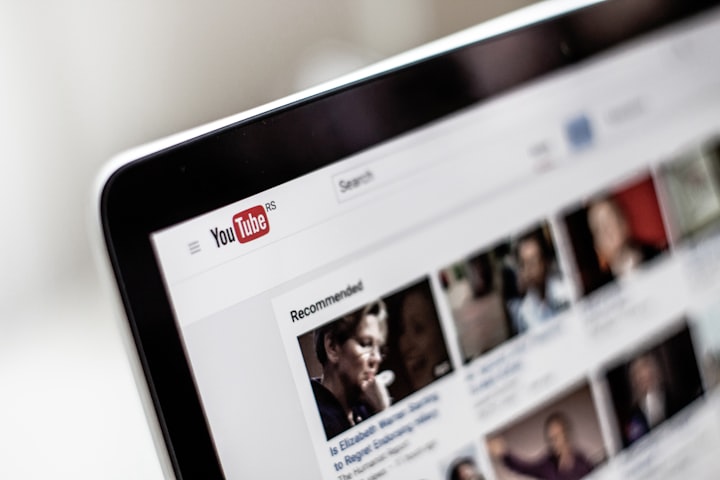Breaking the Cycle of Dependency: The Pitfalls of YouTube's "Save it for Later" Function
Learning to Prioritize and Intentionally Engage with Online Content

As a frequent YouTube user, I often find myself using the "Save it for later" function to bookmark interesting videos that I don't have time to watch at the moment. However, over time, I've come to realize that this feature can create a dependency on the platform that can have negative consequences.
One way that the "Save it for later" function creates dependency is by encouraging users to accumulate a large number of saved videos. As I look through my own saved videos list, I'm struck by the sheer number of videos that I've bookmarked over the years. While many of these videos were genuinely interesting or informative at the time, I've never actually gotten around to watching most of them. This creates a sense of guilt and obligation to watch these videos, even though I know that I realistically won't have time to watch them all.
Furthermore, the "Save it for later" function can contribute to a broader culture of instant gratification and impatience. With so much content available at our fingertips, it's easy to fall into the trap of constantly saving videos and expecting to consume them all at some point in the future. This can lead to a lack of appreciation for the value of taking the time to consume content in a thoughtful and deliberate manner.
Another way that the "Save it for later" function creates dependency is by making it easy for users to avoid making decisions about what to watch. Instead of selecting a video to watch at the moment, users can simply save it for later, which can create a sense of indecision and procrastination. I've found myself falling into this trap many times - instead of actually watching a video that I'm interested in, I'll save it for later and continue scrolling through my recommendations or subscriptions.
To break the cycle of dependency on YouTube's "Save it for later" function, I've made a conscious effort to be more selective about what I save. Rather than saving every interesting video that I come across, I prioritize the content that is truly important or relevant to me. Additionally, I've started to set limits on my YouTube usage and actively seek out other sources of entertainment and information.
One strategy that I've found helpful in managing my "Save it for later" list is to prioritize shorter videos over longer ones. While longer videos may seem more informative or in-depth, they can also be more daunting to tackle, especially if they require a significant time commitment. On the other hand, shorter videos are often more accessible and easier to fit into a busy schedule.
By prioritizing shorter videos, I've found that I'm able to actually watch and enjoy more of the content that I've saved. Additionally, by leaving longer videos towards the end of my "Save it for later" list, I'm able to be more intentional about which ones I choose to watch. This helps to avoid the sense of overwhelm that can come with a long list of saved videos, and allows me to approach each video with a sense of curiosity and excitement.
In conclusion, while the "Save it for later" function may seem like a convenient feature, it can create a sense of dependency on the platform that can have negative consequences. As someone who has personally experienced this dependency, I believe that it's important for YouTube users to be mindful of how they use this feature and make a conscious effort to break the cycle of dependence. By being more selective about what we save and seeking out a variety of sources of information and entertainment, we can cultivate a healthier relationship with technology and media.
About the Creator
Massimiliano
Meet Massimiliano, a self-proclaimed dreamer, geek, and tech enthusiast with a passion for all things Japanese and Asian culture. He also has an interest in personal finance and investments.






Comments (1)
It’s a sickness alright! 🤔I’ve just never heard anybody say it. Thanks for sharing this advice. I must have almost 6000 videos saved on YouTube with no end in sight so I really need to be more mindful. 😊